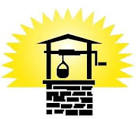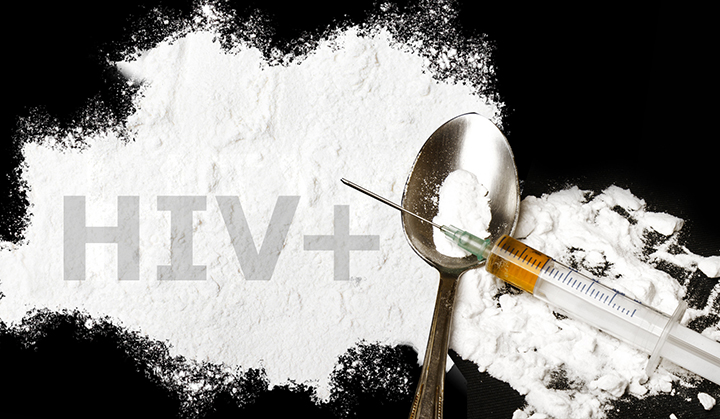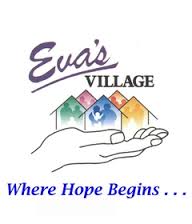Heroin is an opioid drug that is synthesized from morphine, a naturally occurring substance extracted from the seed pod of the Asian opium poppy plant. Heroin usually appears as a white or brown powder or as a black sticky substance, known as “black tar heroin.”
In 2011, 4.2 million Americans aged 12 or older (or 1.6 percent) had used heroin at least once in their lives. It is estimated that about 23 percent of individuals who use heroin become dependent on it.
Prescription Opioid Abuse: A First Step to Heroin Use?
Prescription opioid pain medications such as Oxycontin and Vicodin can have effects similar to heroin when taken in doses or in ways other than prescribed, and they are currently among the most commonly abused drugs in the United States. Research now suggests that abuse of these drugs may open the door to heroin abuse.
Nearly half of young people who inject heroin surveyed in three recent studies reported abusing prescription opioids before starting to use heroin. Some individuals reported taking up heroin because it is cheaper and easier to obtain than prescription opioids.
Many of these young people also report that crushing prescription opioid pills to snort or inject the powder provided their initiation into these methods of drug administration.
Injection Drug Use and HIV and HCV Infection
People who inject drugs are at high risk of contracting HIV and hepatitis C (HCV). This is because these diseases are transmitted through contact with blood or other bodily fluids, which can occur when sharing needles or other injection drug use equipment. (HCV is the most common blood-borne infection in the Unites States.) HIV (and less often HCV) can also be contracted during unprotected sex, which drug use makes more likely.
Because of the strong link between drug abuse and the spread of infectious disease, drug abuse treatment can be an effective way to prevent the latter. People in drug abuse treatment, which often includes risk reduction counseling, stop or reduce their drug use and related risk behaviors, including risky injection practices and unsafe sex.
Need Help? These agencies can help you!




